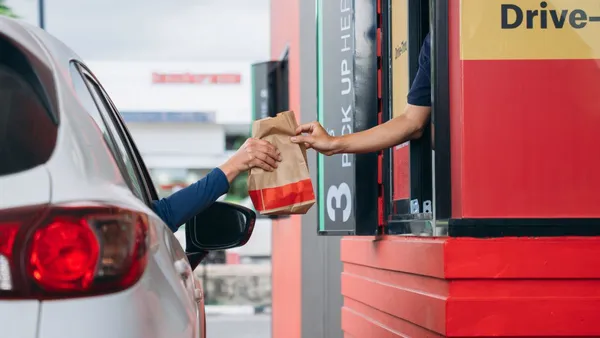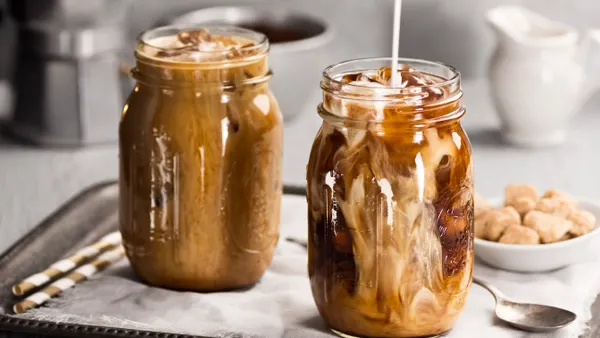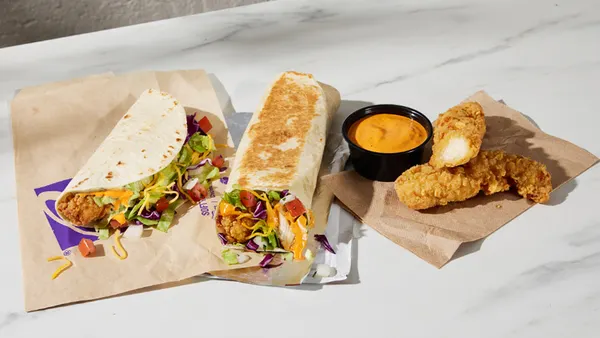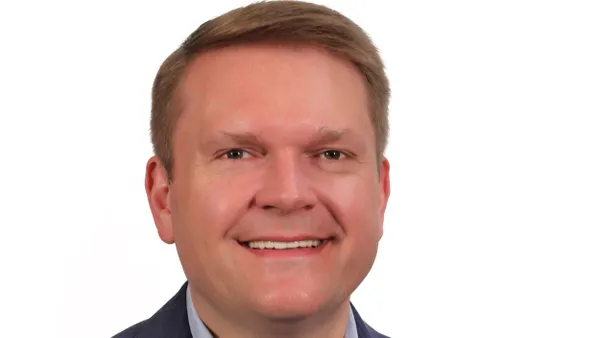Dive Brief:
- Everbowl, a 17-unit bowl and smoothie concept, has received $3 million from Serruya Private Equity, which has previously invested in other concepts such as Pinkberry, Jamba Juice and Cold Stone Creamery, according to Restaurant Business.
- The investment will help fund an aggressive expansion within California, and the company plans to open up to 45 units this year.
- The concept, founded in 2016, sells bowls with superfood ingredients, such as as acai, pitaya, graviola and acerola, as well as smoothies and salads.
Dive Insight:
This investment indicates a strong vote of confidence for the Everbowl concept, and perhaps for good reason. Bowls and smoothies — particularly those that include superfoods — are very much in high demand. According to Mintel, for example, there was a 202% jump in new superfood product launches between 2011 and 2015.
This trajectory is not expected to change anytime soon. the smoothies market is predicted to yield substantial growth — a CAGR of 8.6% through 2021 — due to changing food habits (on-the-go consumers driving new dayparts) and a consumer shift toward healthier eating, according to Radiant Insights.
The bowl format is also on-point. According to the Wall Street Journal, bowls are the new plates as consumers seek portability, convenience and layered flavors.
Of course, there are a few risks for Everbowl and its investors. For starters, oversaturation is a very real issue across the restaurant industry, and smoothie concepts could be headed in that direction. Throughout the past five years, for example, the juice and smoothie industry has grown by 1.8% to reach revenue of $3 billion in 2019. In the same timeframe, the number of these businesses has increased 3.4%.
Two of the biggest players are on major growth paths right now. Tropical Smoothie opened its 700th café in August and plans to reach 1,000 units by 2020. Meanwhile, Smoothie King set expansion records in 2018 when it opened 150 locations — the most during a calendar year — and there are now more than 900 locations worldwide. The question is, inevitably, how much room is left for emerging concepts before the category reaches a tipping point?
There's also the sugar factor. Smoothies have come under fire in recent years for being perceived-healthy products that hide high sugar content. But Everbowl has a clear differentiator here with no added sugars to its bases.
Those bases also are a major differentiator. There are four superfood bases available — acai, acerola, graviloa or pitaya — which come from the company's production facility in Brazil. Still, this differentiator also could pose another challenge — education might be necessary for consumers who may not know about graviloa, a tropical fruit with antioxidant and anti-inflammatory properties. But as the concept expands and becomes more accessible, knowledge of the ingredients will as well.
So far, at least, it seems as though the demand is there — Everbowl CEO Jeff Fenster says the company sells more than 55,000 bowls a month at its locations.












